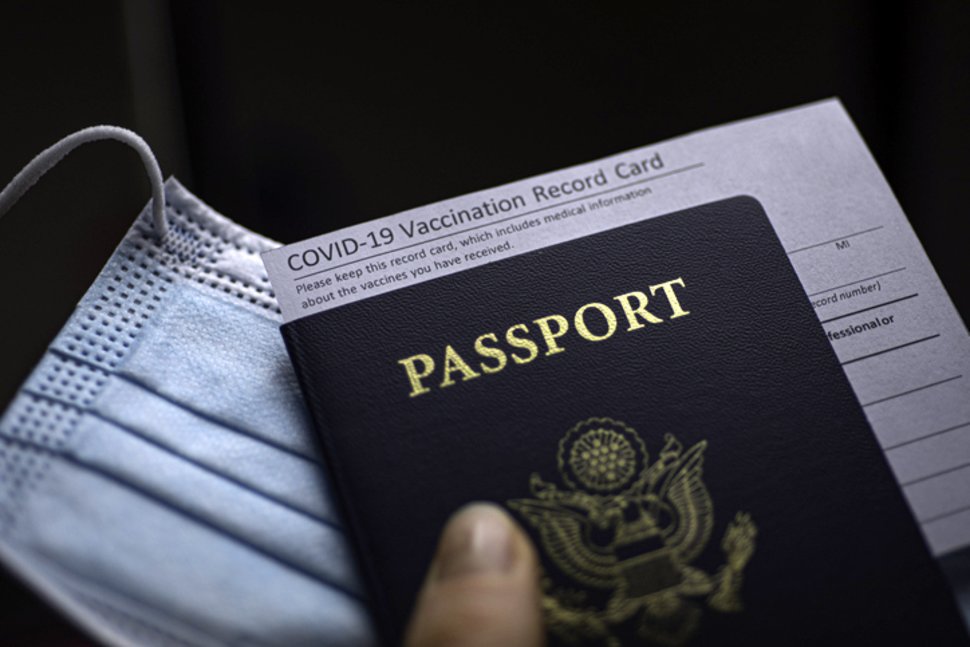
Vaccine Passports are in the works but they face many hurdles. Namely, equity
At least 17 groups are already working on their own versions of a vaccine passport app. This is bound to get chaotic.
In January, President Joe Biden issued an executive order directing agencies to determine the possibility of producing digital COVID-19 vaccination cards, away from the physical versions they currently administer.
In other words, it could then function as a sort of Vaccine Passport.
It didn’t take long for New York to become the first state in the nation to roll out a vaccine passport app on March 26. It uses IBM’s Exelsior Pass app and predominantly relies on personalized QR codes to verify vaccination status.
As one would with an airline boarding pass, app users will be able to prove their health status with a digital QR code, or a machine-readable label.
The app, ordered by Gov. Andrew Cuomo (D-NY) , is funded by the New York state and available free to businesses and anyone with vaccination records or test results in New York.
It’s a promising starting point for other ventures currently in development.
But there are issues, including accessibility, the potential for fraud, and the room for complication.
At least 17 groups are also already working on their own versions, making way for a complicated regulatory process, reports USA Today.
In the United States alone, there are three approved vaccines — Moderna, Pfizer, and Johnson & Johnson. But our closest neighbors, Mexico and Canada each have their own set of criteria for what counts as an acceptable test or vaccine.
Globally, there are at least two competing sets of standards in development to allow secure access to information about vaccination status, particularly for international travel.
In the near future, booster shots will also have to be considered, and this also depends on which vaccine one was administered. These are all things officials have to consider for the proposed future of vaccine passports, and with each layer it gets more complicated.
The Biden administration says it will have more information available on its approach to overseeing vaccine credentials soon.
In the meantime, there are more questions on equity that are yet to be answered on these documents, that in the not too distant future may determine the extent of one’s social life and travel.
RELATED CONTENT
Some of the right-wing critics on the vaccine passport are not so far fetched. In the early days of rollout, those who will benefit the most from these novel passports will be the groups least affected by COVID-19.
Those still in high infection groups— mostly Black and Latinx— and those with the lowest rates of vaccination, mostly Black and Latinx — will be some of the last to benefit, whereas demographics that are recovering will be the first to benefit.
There’s also a question of access.
If this is largely a virtual model, as the majority of the prototypes appear to be, there’s also the question of the digital divide. Not everyone is technologically literate, especially older folks.
Some developers have said credentials may be printed, but in early stages this will likely be a digital-first model, like New York’s QR-code system.
Language barriers may also pose a problem before the early stages of the apps are able to offer translation.
Regardless of all the concerns that are difficult to address and room for error, there is logic in the prospect.
Until herd immunity is reached, vaccine passports may be the only way for the nation to transition to a semblance of the “Before Time.”











LEAVE A COMMENT: